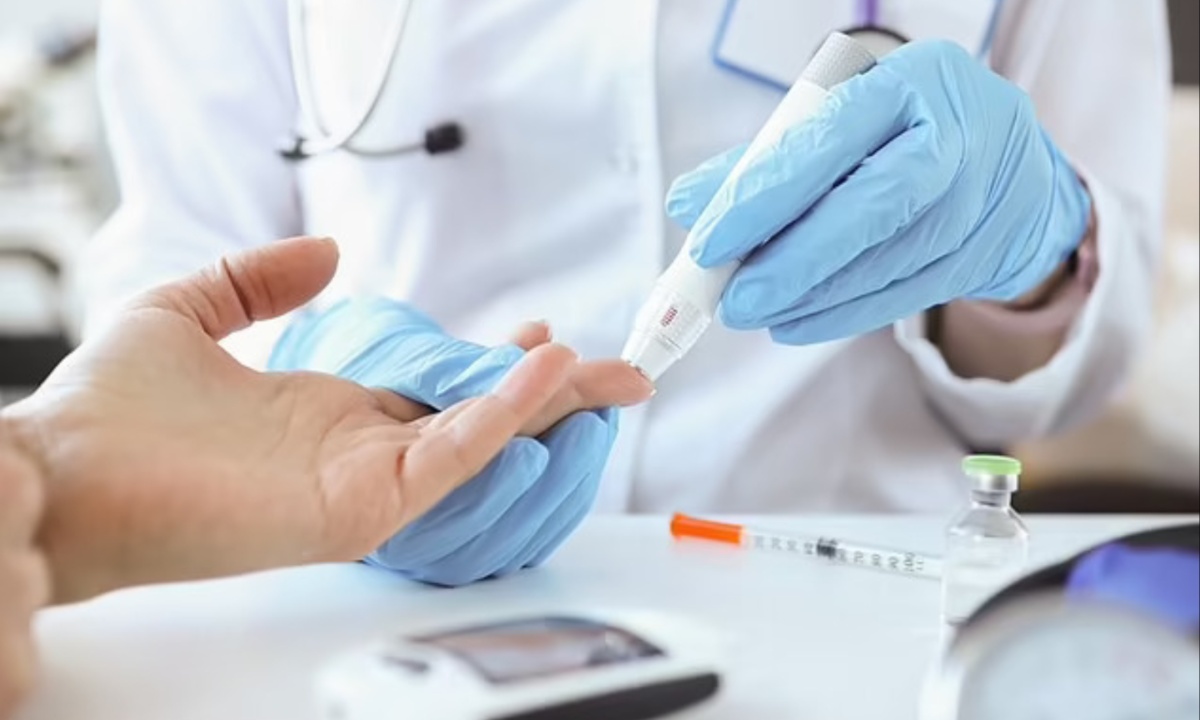A groundbreaking study in China has demonstrated that a woman with Type 1 diabetes was able to reverse her condition by using her own stem cells, marking the first successful case of its kind.
The 25-year-old woman, who remained unnamed, underwent a treatment where her adult cells were reprogrammed into insulin-producing islet cells and transplanted into her body. As a result, she began producing insulin on her own, eliminating the need for daily insulin injections. This case offers new hope for diabetics, as it suggests a future where insulin therapy may no longer be necessary.
The research team, led by Deng Hongkui from Peking University, reprogrammed adult cells from three patients with Type 1 diabetes, including the woman. These cells were transformed into stem cells capable of becoming islet cells, which are responsible for insulin production in the pancreas.
For this study, around 1.5 million of these islet cells were transplanted into the woman’s abdominal muscles in June 2023. This unique transplant site allowed for better monitoring of how the cells were functioning in her body through MRI technology, unlike previous experiments where islets were placed in the liver.

Within three months of the procedure, the woman no longer needed insulin injections, as her body was producing insulin naturally. Her blood sugar levels remained normal a year after the transplant, and the researchers reported that it was as if she had never been diabetic.
Two other patients who underwent similar treatments in the study are also showing positive results, according to Hongkui, raising hopes that this treatment could be expanded to more patients in future clinical trials.
The study is part of a larger body of research investigating the potential of stem cells to treat diabetes. Earlier in 2023, another team of Chinese researchers achieved similar results with a man who had Type 2 diabetes.
They used reprogrammed stem cells to create insulin-producing islets, which were transplanted into his liver. Like the Type 1 diabetic woman, the man no longer needed insulin or immunosuppressive drugs after the procedure, showcasing the potential of this approach for both types of diabetes.
While the results of the current study are promising, more research is needed to determine the long-term viability of the treatment. Researchers will continue to monitor the woman’s insulin production over the coming years to ensure the transplanted islets remain functional.
If the treatment proves to be sustainable, it could revolutionize diabetes care, offering a potential cure for millions of people who currently rely on lifelong insulin therapy.
